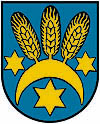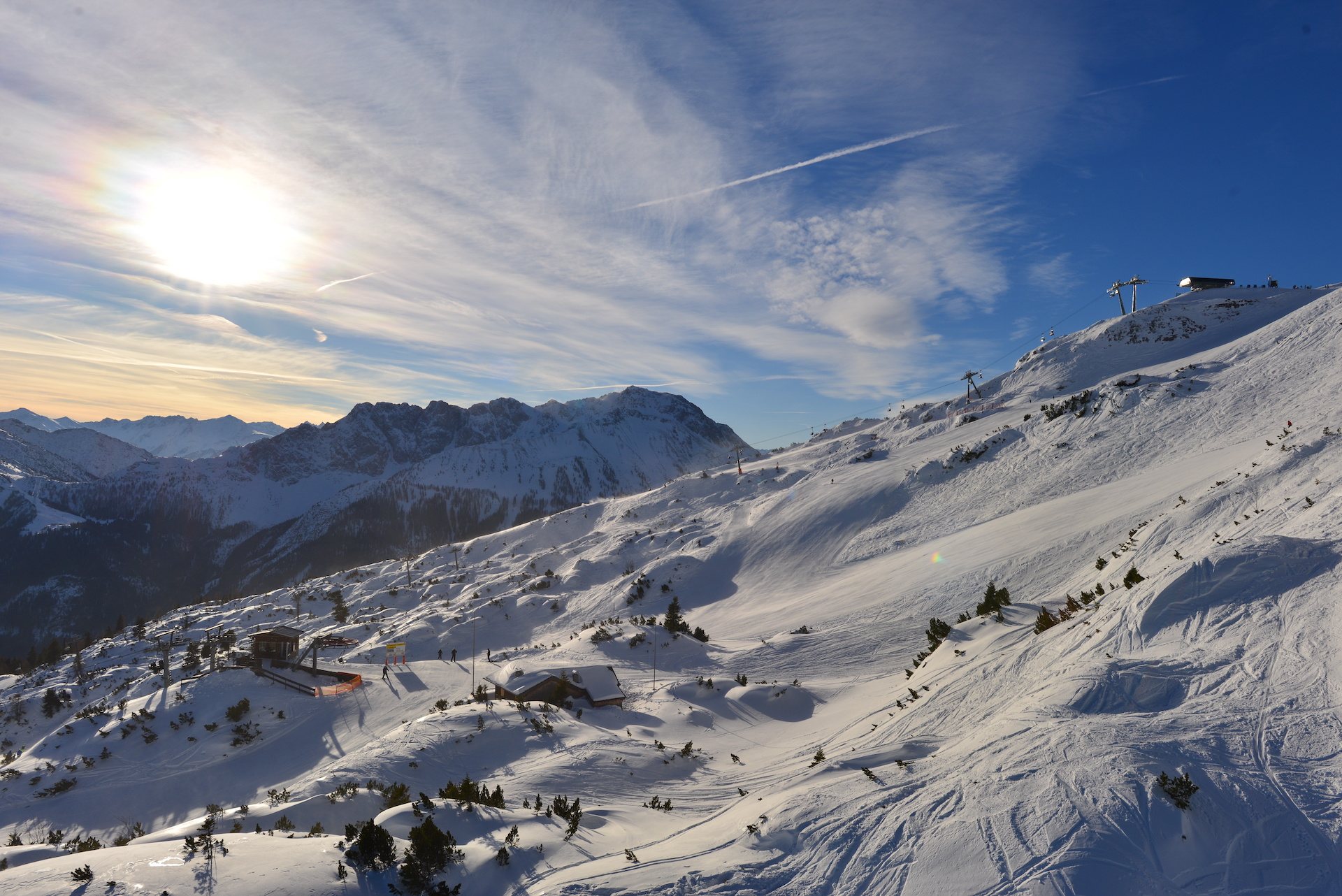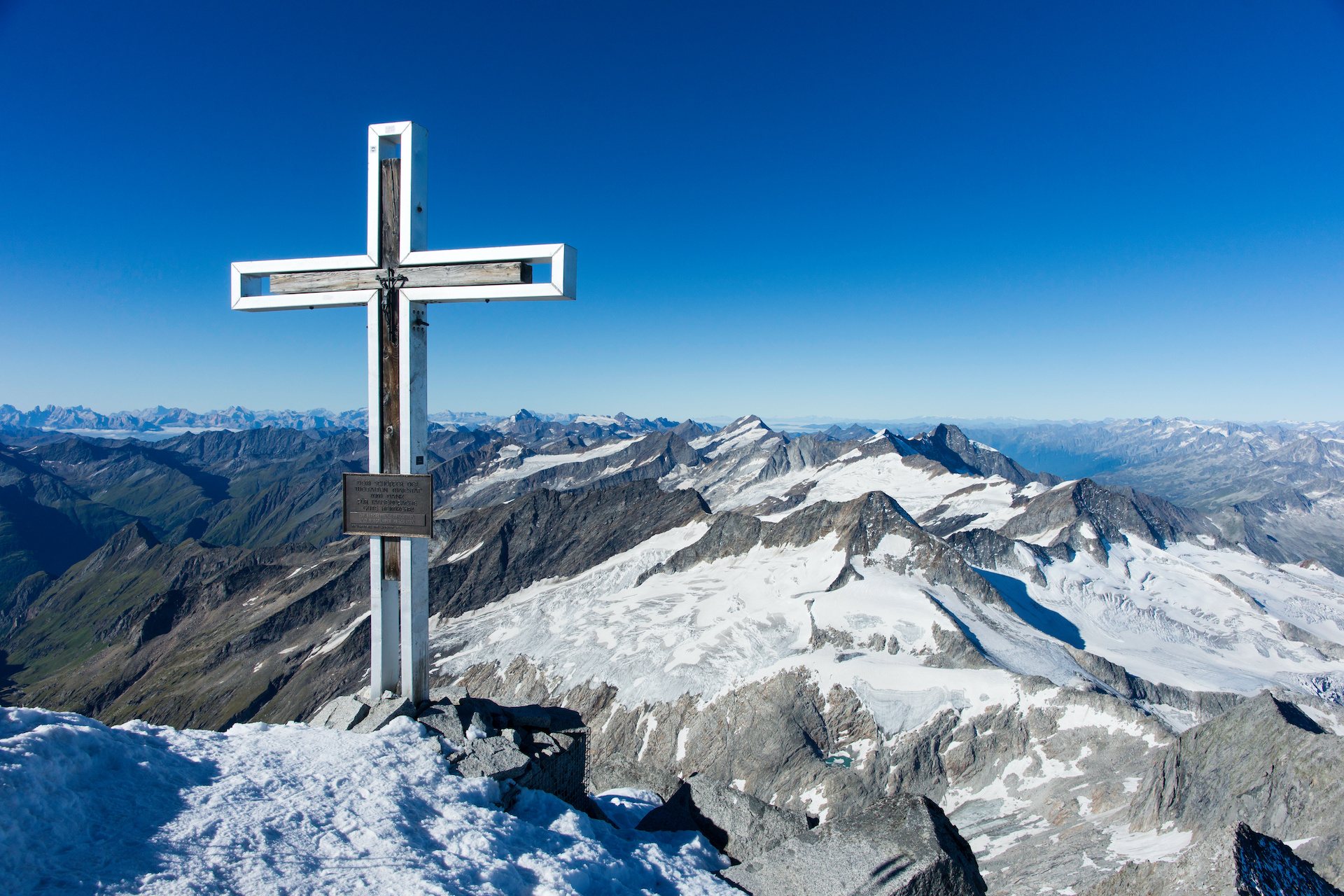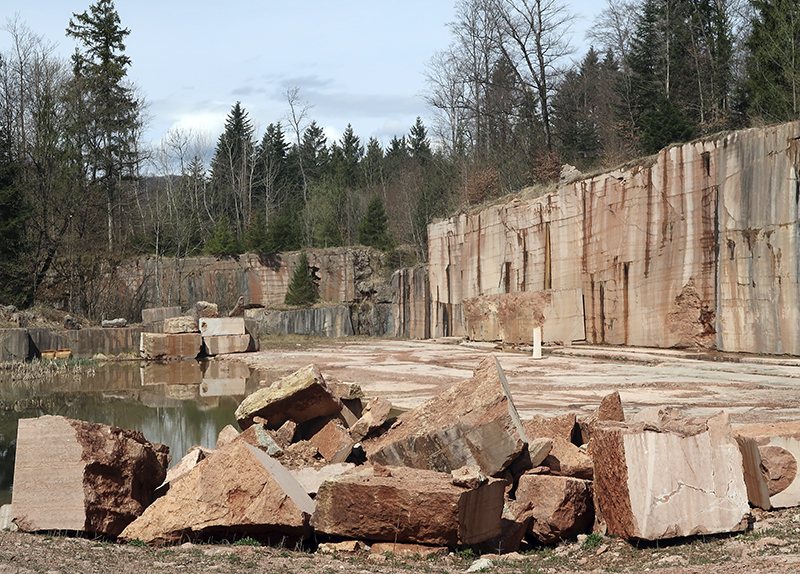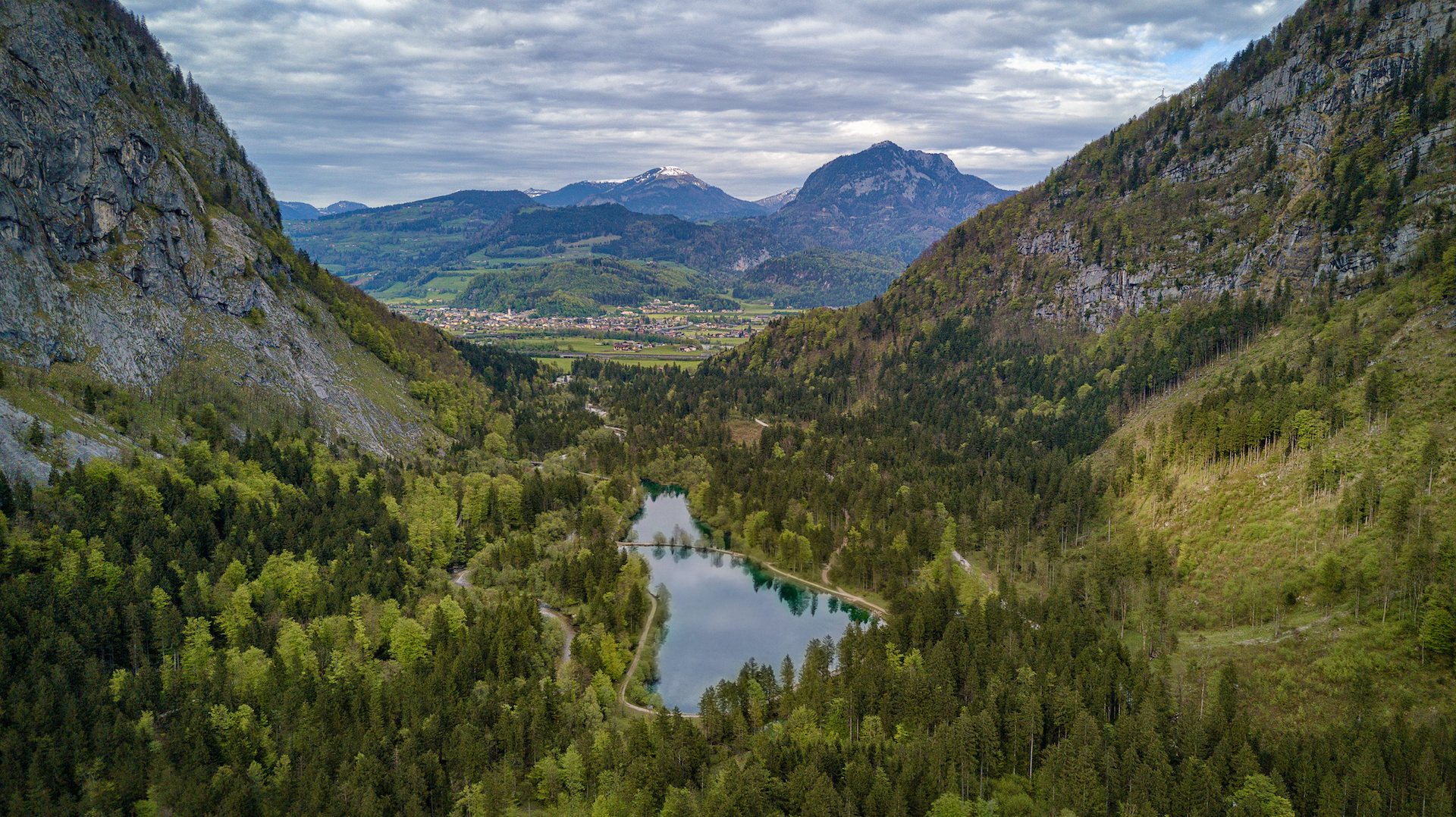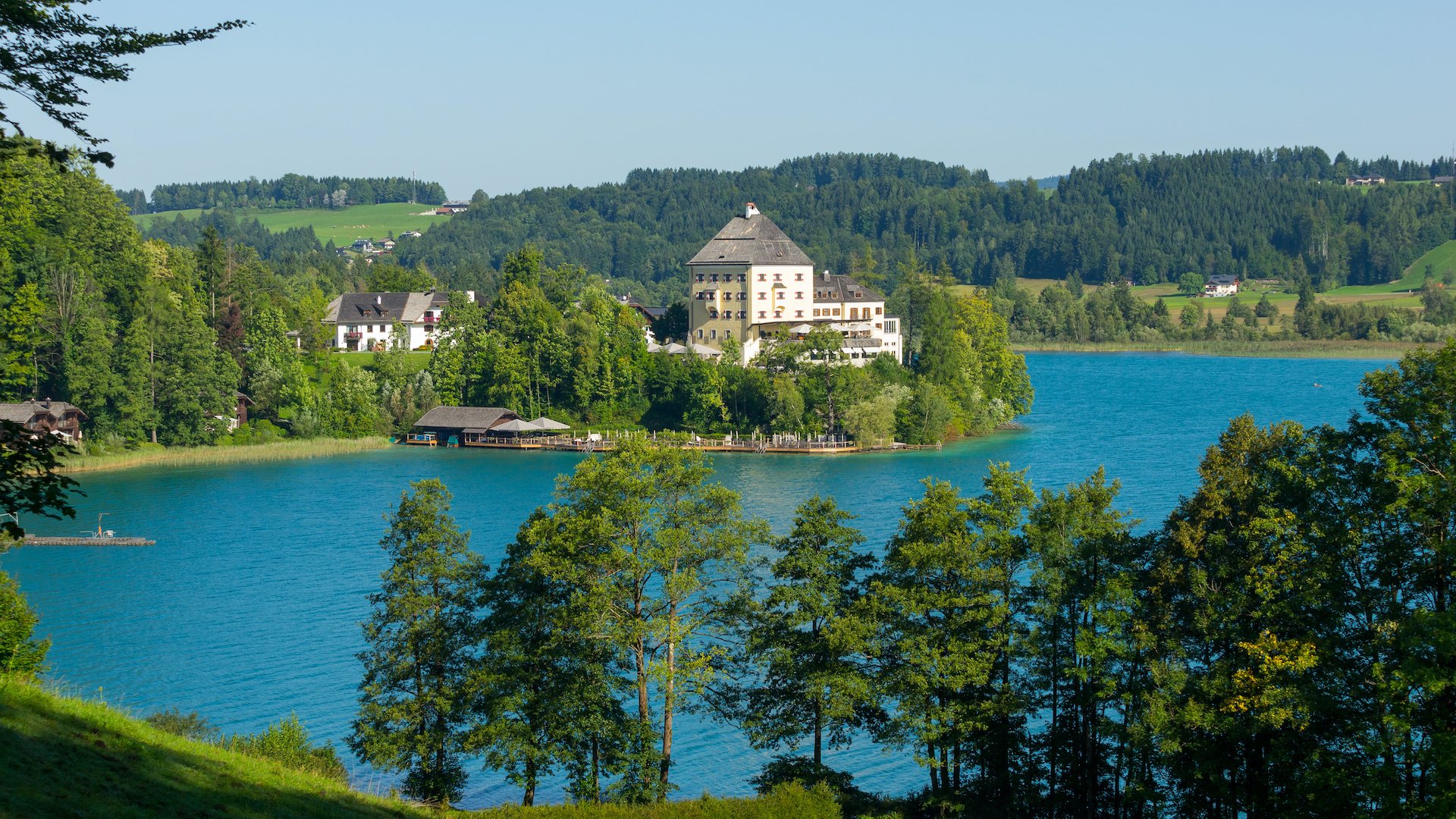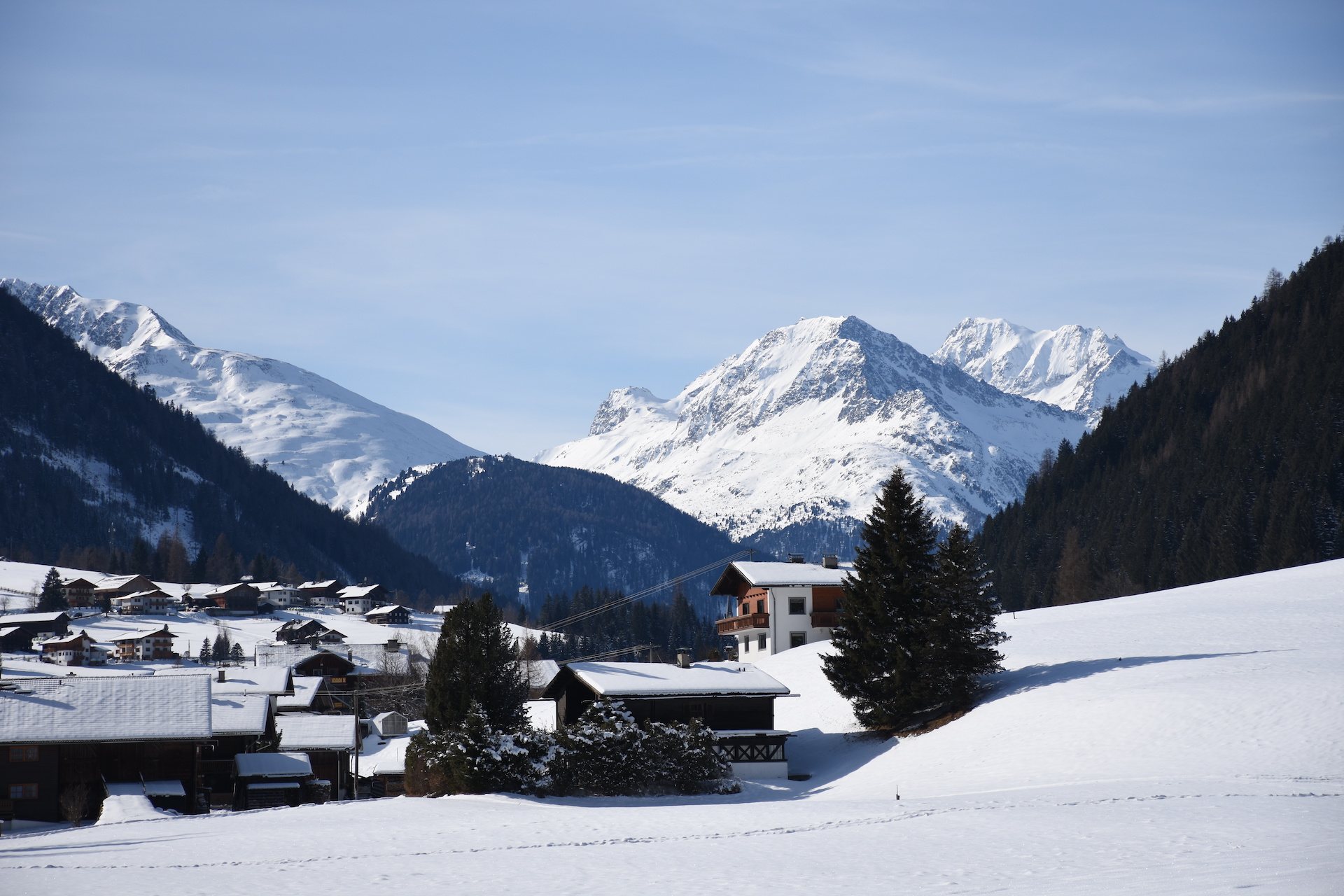Discover the variety of leisure activities in the picturesque vacation region Pyhrn-Priel! Book your dream holiday apartment now and enjoy your stay.
Spital am Pyhrn is a village in Upper Austria in the district of Kirchdorf im Traunviertel, Austria.
Culture and sights
See also: list of listed objects in Spital am Pyhrn
former collegiate church: (now parish church Mariae Himmelfahrt) 1199 first consecration of the church, which unlike most medieval churches is not geostet, but - apse and altar - oriented to the west. The monastery to which the church belonged was abolished by Emperor Franz II/I in 1807, in the meantime another order was housed in it and finally profaned. It housed offices and during the Second World War a children's home. Today, a hotel and a museum are located in the former monastery building.
Museum Between Heaven and Earth - Gerlinde Kaltenbrunner and the World of 8000m: In 2015, the exhibition was opened in the former abbey rooms. The patron is the extreme mountaineer Gerlinde Kaltenbrunner. In 2011, she became the first woman to climb all of the world's eight-thousanders without using oxygen tanks.
In front of the entrance there is a scaled-down model of the K2 as a climbing tower, which can be climbed during the museum's opening hours. The appropriate equipment can be rented at the museum.
Huf- und Hackenschmiede Lindemayr in Weinmeisterstraße 6: The historic smithy was the "court smithy" of the monastery Spital am Pyhrn for more than 500 years and from 1808 onwards it was the tool smithy for carters, lumberjacks and farmers for more than 150 years. In 1998, this forge was opened to the public as a show forge on the occasion of the Upper Austrian provincial exhibition "Land of Hammers - Home of the Eisenwurzen". Those interested can forge nails, horseshoes or pokers here.
Rock carvings in the Höll: Below the path over the Teichlboden to the Wurzeralm there are rock carvings in a gorge, which Ernst Burgstaller was the first to examine. According to his assumption, the carvings are not prehistoric because of the weathering rate of the limestone, but date back to the Middle Ages at the earliest. In addition, engraved dates from later times (1714, 1764, 1900, 1935) were found.








